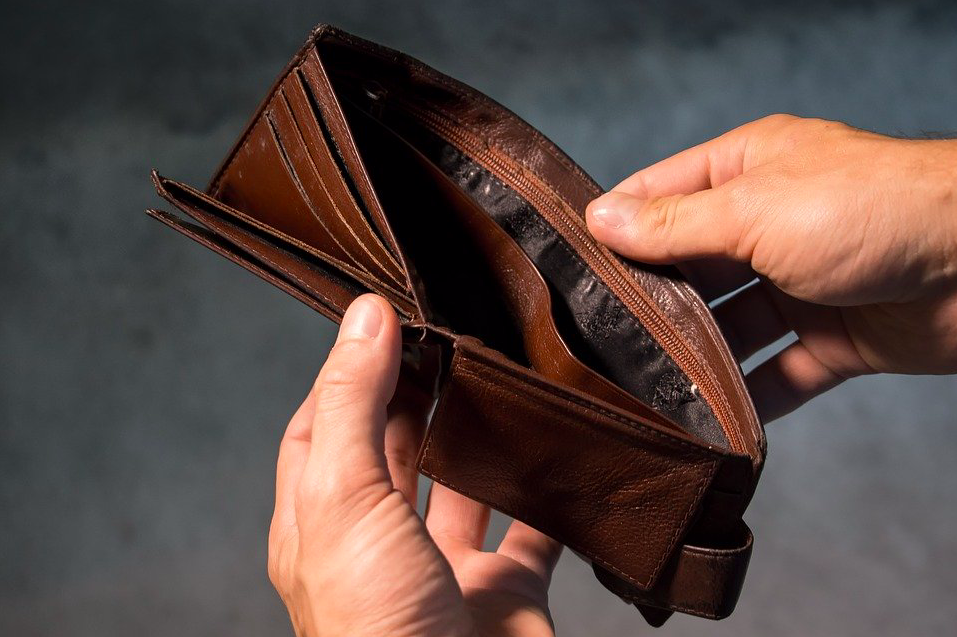Following predictions from other banks, such as ABN Amro and ING, as well as from the Netherlands Bureau for Economic Policy Analysis (CPB), Rabobank has also released its predictions for what the Dutch economy will look like after the coronacrisis.
The best case scenario is that the economy shrinks by 5%. That’s assuming that normal life resumes on 1 June, but that’s generally understood to be an optimistic assumption. More than likely, at least some social distancing measures will continue into the autumn, with schools and contact businesses like hairdressers to reopen first.
What are the consequences if “intelligent lockdown” continues past June 1?
If the Netherlands’ policy of “intelligent lockdown” continues for a further three months after 1 June, Rabobank economists reckon that the economy will shrink by 14%. They advise the government to avoid this if possible. However, if that situation does end up happening, it is thought that the economy will recover the next year, at least in large part: a rapid growth of 11% in the first half of 2021 is expected once normal life resumes.
The economy will take a while to recover
The reason the economy is not expected to recover fully is the long-term impact of social distancing on individuals and companies. Individuals may have lost their jobs or taken a financial hit during the coronavirus crisis: these people are likely to need time to recover from that before they begin spending the way they used to again. Companies may have been forced to close, or may take a while to get back to full strength. Furthermore, supply from factories is likely to take a long period of time to come back to normal levels.
All sectors will be affected sooner or later
All sectors of the economy are likely to feel a pinch at some point. At the moment, those who are taking a hit include small businesses, the culture sector, agriculture, and the catering industry, among others. But this will eventually trickle down into sectors like construction, which is forecasted to contract by 15% according to the EIB.
What predictions did the CPB and other banks have for the economy?
Rabobank’s predictions for the economy fall pretty much in the middle of those by other banks and the CPB predict. ING was the most pessimistic, predicting a 6-8% contraction in the economy this year and questioning whether a quick recovery was possible. ABN Amro was much more optimistic, expecting a shrinkage of 3.5% this year and growth in 2021 of 2.5%. The CPB presented two scenarios: a best-case scenario of 1.2% shrinkage and growth next year, and a worst case scenario of a 7% contraction with uncertain growth in the future.
How has coronavirus been affecting your finances? Let us know your experiences in the comments below.
Feature Image: Chronomarchie/Pixabay



